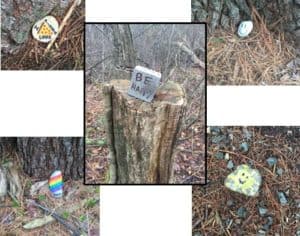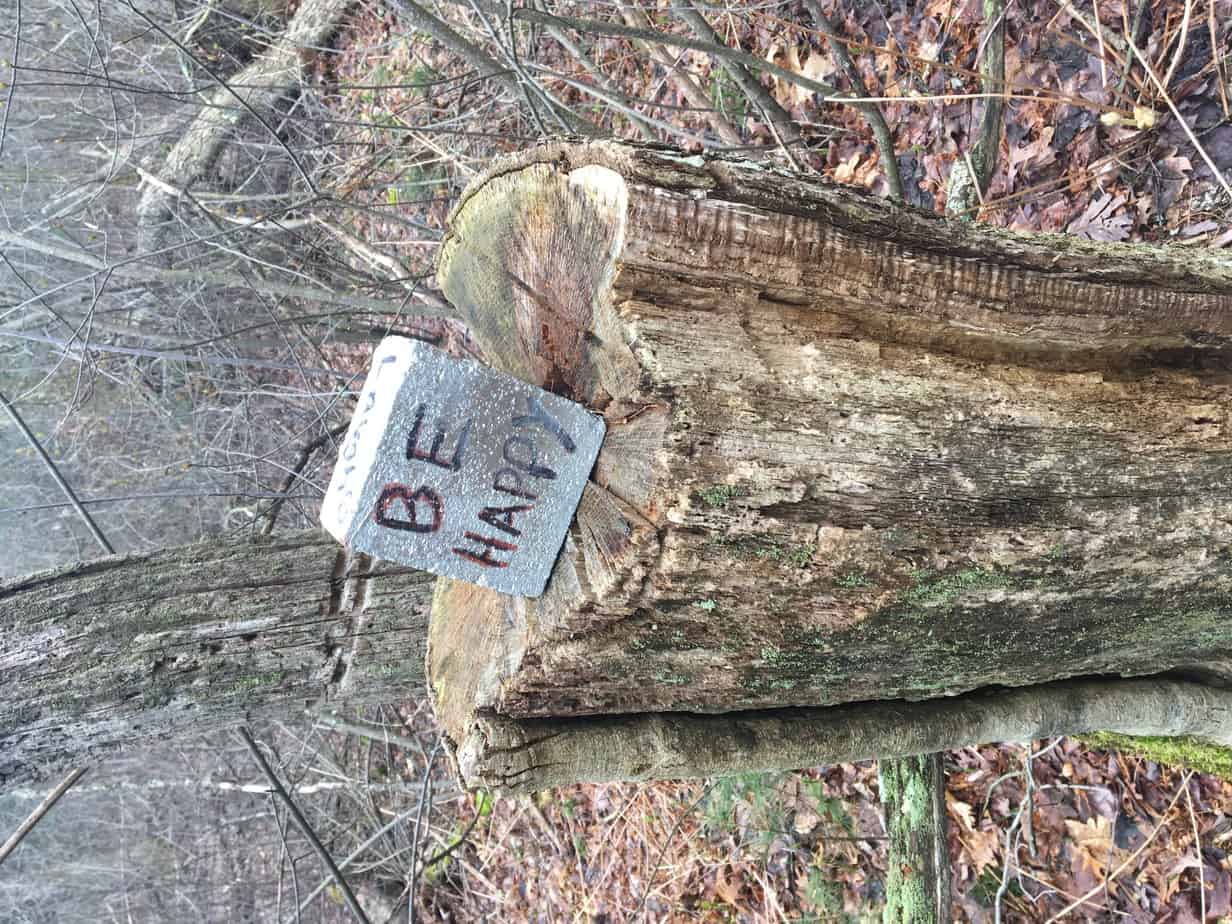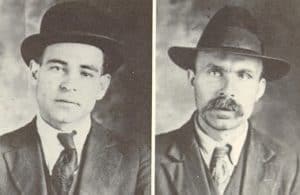 In this time of crisis, we are missing those everyday things that we once took for granted: hugs, smiles, spontaneous dates, toilet paper. It has taken me a while, but I now realize I am longing for meaningful words as well. Yes, Zoom interactions have been in abundance. News stories flash over our devices, but there is a shortage of substance and intonation—a sudden sigh or peal of laughter—and conversations that take a turn and lead us elsewhere.
In this time of crisis, we are missing those everyday things that we once took for granted: hugs, smiles, spontaneous dates, toilet paper. It has taken me a while, but I now realize I am longing for meaningful words as well. Yes, Zoom interactions have been in abundance. News stories flash over our devices, but there is a shortage of substance and intonation—a sudden sigh or peal of laughter—and conversations that take a turn and lead us elsewhere.
I am grateful that my immediate family has gathered at home. My older daughter returned from Northeastern University. The other is finishing up her Senior year of high school in a very unusual way. Still, it is difficult connecting with friends and family members through a screen. The feeling one gets while lounging in a beach chair, asking a best friend to pass the chips, then laughing as a wave creeps onto the blanket is missing. We have lost that personal touch in our current “Let’s Plan a Zoom Chat at 7 pm” lifestyle.
I know. This is temporary and serious, and there are lives at stake. Truly, we need to hunker down to keep our loved ones out of harm’s way. That said, this has been a trying time in a very different way. I realize I am on the hunt for language that is inspiring or empathic or kind or insightful. I treasure the power of a few words, wherever and whenever I find them.
It turns out during COVID-19 however, I have discovered words in the most amazing places. You, too, might have spied uplifting thoughts like these by the side of the road: “This Too Shall Pass” or “Have Hope” or “First Responders Give All for Us.” Or a marquee such as this one that I found online from Cahaba Heights United Methodist Church: “What’s Not Cancelled… Nature, Puzzles, Chalk Drawing, Love, Hope.” These words of hope draw me in.
As soon as I heard Governor Charlie Baker’s recommendation to “get some fresh air and exercise” while keeping a six-foot distance from others, I began hitting the walking trails. Ironically, my girls first recommended the path around the Medfield State Hospital, originally the Medfield Insane Asylum. This rather haunting setting has a solemn history. At one time the facility housed over 2,000 patients. Now these grounds are now open to the public from sun up to sun down.
What does this have to do with words, you might ask? Well, I found a few surprises on State Hospital’s walls—there were poems! As part of the Poetry Project, the Medfield community created an installation of poems which are painted or posted on the sides of the old buildings. There I discovered a haiku written by Nancer Ballard that spoke to me: “Aunt Kate’s favorite chair/wears a dress of fringed velvet/stuffed taut with secrets.” And this one (author unknown) made me smile: “Nightime smells like fire/Embers glow, marshmallows melt/ Chocolate giggles.”
On another rainy day, I took a walk through the Walpole Town Forest. I must give a huge shout out to The Trustees of Reservations. Discovering their beautiful paths has been a game changer. Inside a canopy of trees, all anxiety dissipated. When I looked down, a painted rock with a smiling sun stared back at me. Around another corner, a perfectly flat stone had the words “I Love Pizza” on it. “I do, too!” I thought. In the middle of this majestic woods, I had stumbled upon more words—messages–and their impact profound. Long before COVID-19 was a thought, someone had been here before me and had cared enough to leave encouragement for all.
Another place of solace has been my own book shelves. Sure, I can read books on my cell phone, but I have turned back to the printed word in my hand. Mostly I’ve been drawn to shorter readings of poetry and picture books. I started with Mary Oliver’s compendium entitled Devotions: The Selected Poems of Mary Oliver. My favorite poem, “The Summer Day,” asks that striking question at its end: “Tell me, what is it you plan to do with your one wild and precious life?” The significance of this even when “normal life” is at a standstill struck me anew.
In Li-Young Lee’s book, The City in Which I Love You, his poem “This Room and Everything In It” is also fitting at this time, considering our confined places of late. These lines relate to finding so much of one’s life in a single room:
The sun on the face
of the wall
is God, the face
I can’t see, my soul,
and so on, each thing
standing for a separate idea,
and those ideas forming the constellation
of my greater idea.
And one day, when I need
to tell myself something intelligent
about love,
I’ll close my eyes
and recall this room and everything in it . . .
Likewise I highly recommend revisiting some picture books, even without any children in sight. With few words, they capture so many emotions, often leaving us with a smile. I Am Human by Susan Verde (Illustrated by Peter H. Reynolds) is a great reminder that we are all in this thing called life together. One line I love in particular, “A bad day can become a GREAT day with kindness.”
For a belly laugh or two while you are cooped up be sure to check out book titles from Josh Funk’s Lady Pancake and Sir French Toast series. You can find his book trailers here. After all, doesn’t a maple syrupy situation appeal to every reader? I believe the answer is YES!
And if you’re looking for some “quiet” reflection, I recommend Deborah Underwood’s story, The Quiet Book. Through these sweet, childlike observations, we find there are many kinds of quiet in the world. The contrast between a “Making a Wish Quiet” and “Top of the Roller Coaster Quiet” is poignant, especially with Renata Liwska’s illustrations. With Underwood’s help, I have been thinking about my own versions of quiet—like a “walk in the woods quiet” or “waiting for news from a loved one quiet.”
During this unprecedented time you, too, might be longing for those choice words that bring hope and sanity and security. If you take the time to look around you, you will be sure to find them. I guarantee it!
Nancy Ling is the Outreach Librarian at the Morrill Memorial Library in Norwood, MA. Look for her article in the May 7, 2020 issue of the Transcript and Bulletin.




